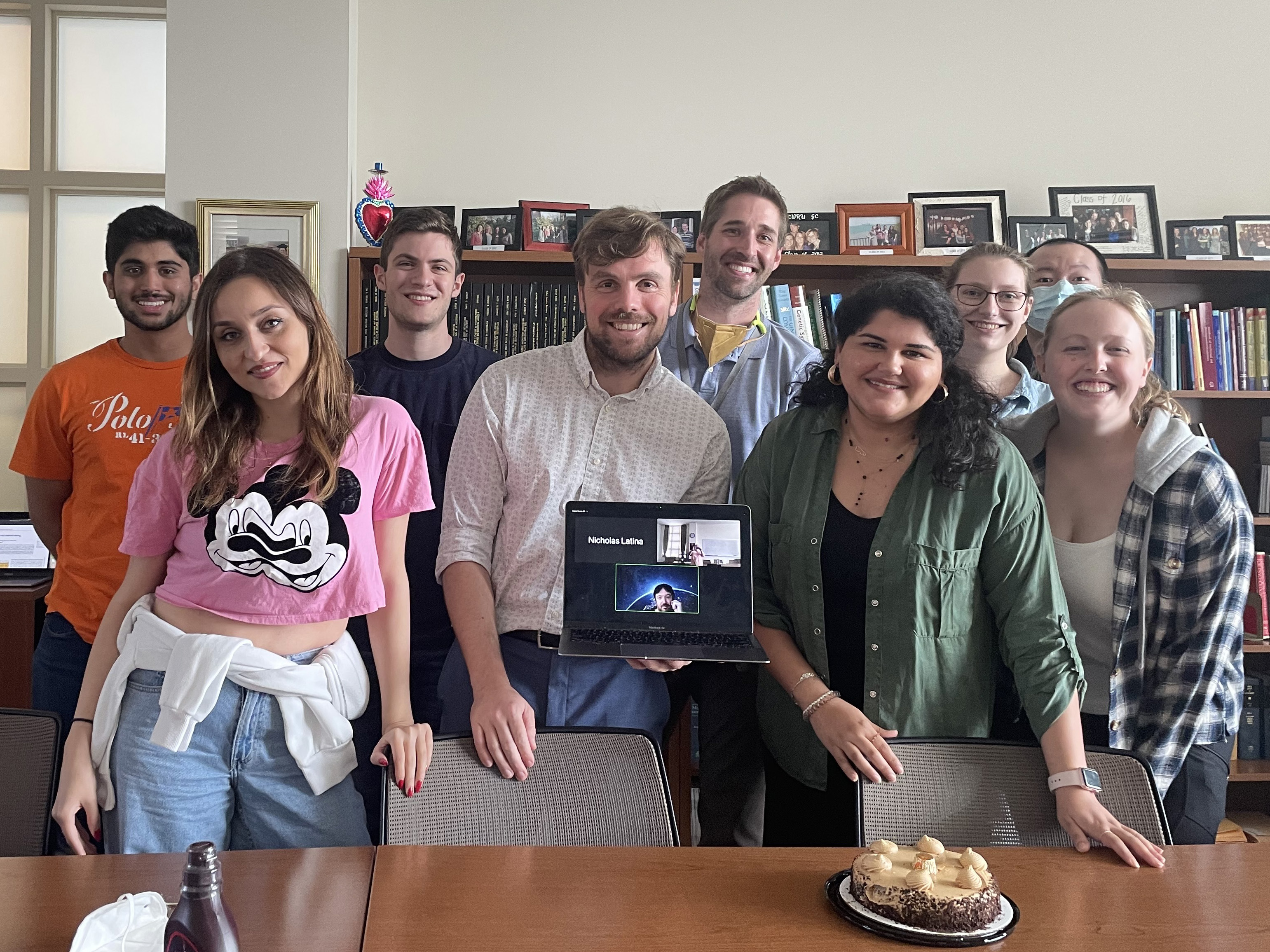
Mission
The development of cancer is a somatic evolutionary process. Evolving diseases are difficult to treat because they adapt to treatment and because they continually diversify — from so simple a beginning, endless forms evolved. We integrate evolutionary theory with quantitative experimentation to better understand cancers.
